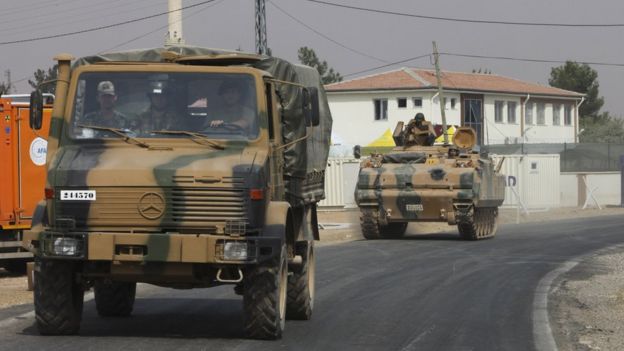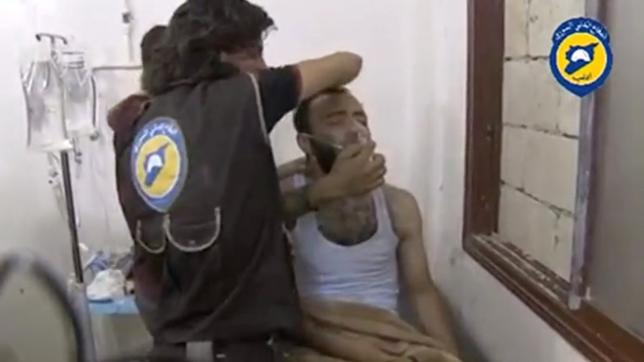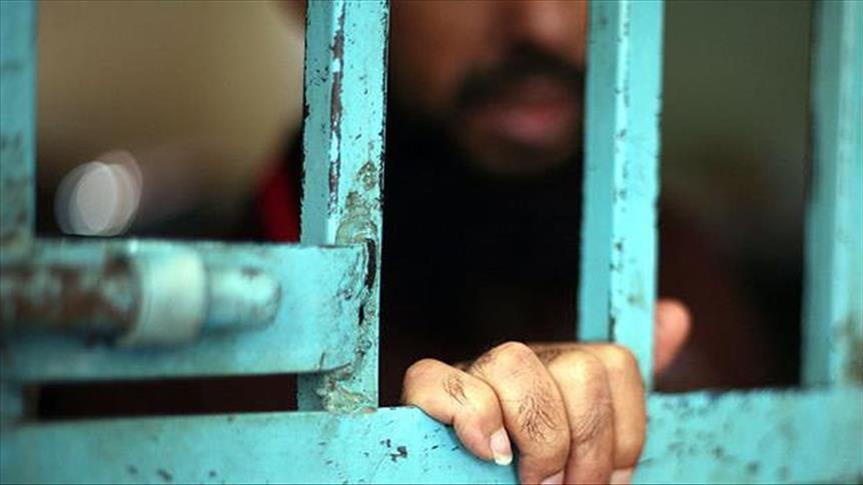Turkey’s role in the Syrian crisis has become more important in the recent months as a peace guarantee and a military force on the ground. However, tension seems to be growing bigger also as Turkey faces new challenges that complicate its role in Syria and its internal peace.
Turkey’s military operation in Syria named Euphrates Shield, which was launched last August to drive Islamic State militants from its border and prevent Kurdish fighters from gaining ground and strengthening their positions, has changed the balance of power in northern Syria and added more tension to the already complicated area.
Turkey operations started on August 24 alongside allied rebel forces who have managed to retake the ISIS stronghold of Jarabulus, alongside with al-Rai to the west and Dabiq city. Now their operation is focused on al-Bab as the last major stronghold for ISIS in northern Syria.
Turkey’s operations against ISIS aim at ending the group’s existence near its borders and the group’s ability to pose threat to its internal peace.
Turkey also attacked the YPG Kurdish militias ordering them to withdraw from East Euphrates region. The Turkish military also shelled Kurdish militias’ positions in northern Syria while the rebel forces clashed with them in many incidents and forced them to withdraw behind the Euphrates river.
Turkey also supports the Syrian rebels in the north and considered one of the opposition’s main backer, what led it in the end to become one of the peace guarantees in Syria and a part in securing a suitable environment for the political process that will end the crisis.
However, many complications have emerged recently that pose threat to the Turkish interests and its peace.
Al-Bab battle
Al-Bab is 40km northeast of Aleppo, where the government defeated rebels in December – its most important gain in the nearly six-year-old war.
ISIS fighters in the area are now effectively surrounded by the Syrian army from the south and by Turkish-backed rebels from the north, as Damascus and Ankara race to capture the largest stronghold of the armed group in Aleppo province, the Syrian Observatory for Human Rights said on Monday.
The British-based war monitor, which tracks developments in Syria’s conflict, added that the army and allied militia had made gains southeast of al-Bab overnight and fought ISIS there on Monday.
Backed by air strikes, they severed a road that links the city to other ISIS-held territory in Raqqa and Deir al-Zor provinces, it said.
The Syrian army’s advance towards al-Bab risks triggering a confrontation with the Turkish military and its allies – rebel groups fighting under the Free Syria Army (FSA) banner – which have been waging their own campaign to take the city.
In three weeks, Syrian army units moved to within 6km of al-Bab, as Damascus seeks to stop Turkey from penetrating deeper into a strategic area of northern Syria.
“It’s clear the regime is in a hurry to reach al-Bab,” Mustafa Sejari, a senior rebel official in the FSA group Liwa al-Mutasem, told Reuters. The Turkish-backed rebels, who have also had the city in their sights for months, would fight government forces if they got in the way, he said.
If a clash does occur, it would be the first time Syrian government forces have confronted the Turkish army on the ground in northern Syria since Turkey launched its operation.
Russia, Assad’s most powerful ally, has carried out air strikes targeting ISIL in the al-Bab area in support of both sides, underlining big shifts in the diplomatic landscape.
An official from one of the Turkmen rebel brigades backed by Turkey said the presence of Russian forces could help prevent a confrontation.
“There are Russian soldiers along with the regime forces who are leading the way and that is an element that could satisfy Turkey,” the rebel official told Reuters. “I don’t expect clashes.”
However, Russia’s support of Assad regime’s new operations is considered a stab in the back of Turkey and its interests in northern Syria.
Raqqa operation and the Kurdish threat
Turkey sees the PYD and their armed wing YPG as an extension of Kurdish PKK militants who have waged a three-decade insurgency in southeastern Turkey.
Turkey fears the YPG will try to connect three de facto autonomous Kurdish cantons that have emerged during the five-year war to create a Kurdish-run enclave in northern Syria, stoking the separatist ambitions of Kurds on its own soil.
The Syrian Democratic Forces (SDF) alliance, which is dominated by the Kurdish YPG militia, is supported by the US as the latter uses them in its war against ISIS.
The SDF, backed by US coalition, launched a campaign with the ultimate aim of capturing Raqqa in November. The first two phases focused on capturing areas to the north and west of Raqqa, part of a strategy to encircle the city.
The first phase was pushing from the north. Second one was pushing from the west. And now, in the third phase, the forces are trying to push from the east.
The U.S.-led coalition fighting Islamic State has boosted support for its Syrian allies, supplying armored vehicles for the first time as they prepare for a new phase in their campaign to capture Raqqa, a spokesman for the militia said last week.
The SDF has begun a new phase of its campaign on Raqqa, aiming to complete its encirclement and sever the road to the group’s strongholds in Deir Ezzor province.
The SDF said in a statement on Saturday that the offensive was getting an “increasing support from the international coalition forces through guaranteeing air cover for our forces’ advances or via the help provided by their special teams to our forces on the battle ground”.
However, the Turkish was angered with the new support for the Kurdish militias, fearing that these weapons and vehicles may be used by the PKK later to conduct military operations in its land.
Turkey’s top security board has indirectly urged the United States that “supplying weapons to terror organizations” would only “help terror gain strength and spread it,” in an apparent reference to Washington’s policy of allying with the Syrian Kurdish Democratic Union Party (PYD).
“Recognizing terror organizations as interlocutors and delivering arms to them through various ways will help terror gain strength and spread it,” a statement said.



